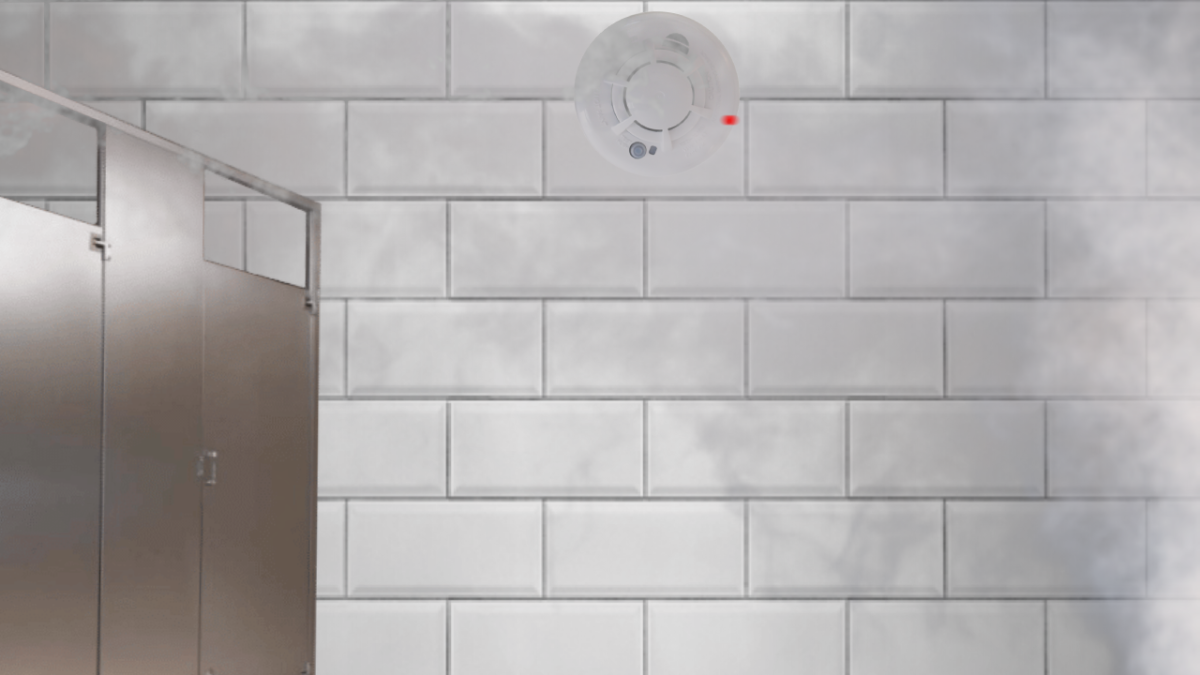Many high school students enroll in Advanced Placement (AP) classes to challenge themselves academically and make their college applications stand out. But do these courses really deliver on their promises? Three students share their experiences with how AP coursework has impacted their stress levels and college readiness.
For many students, AP and honors classes seem like a pathway to better opportunities, but they also come with challenges along the way. Some students may feel these courses do help them grow, while others struggle with time management and stress. Their insights will provide a better sense of understanding of the benefits and drawbacks of taking advanced classes.
Taking AP classes is stressful, all of the students agreed, so it’s always good to have a plan and to have strategies set up for managing that stress.
“I like to do my work before I go home because I don’t like doing homework,” Sariyah reflected. “So I just try to do as much work I can in school.”
Being in higher level classes can feel chaotic, and those who sign up for AP classes need to be intentional and plan well.
“Make sure you’re organized,” Senior Caliyah Bunn advised. “Make sure you have good time management skills [be]cause even though the workload is not a lot, it will catch up to you.”
Taking advanced placement classes does bring benefits though that may outweigh the challenge they pose. Junior Kaylah Morris stated that the classes helped boost her GPA, while the others confirmed they felt like their skills improved.
“I just felt like it [AP] would make me smarter,” Senior Sariyah Davis stated. “And it looks good to have for colleges.”
Most importantly, AP classes look good on college applications, and admissions processes are only getting more competitive every year. By taking AP classes, students not improve their skillset, they also demonstrate to admissions committees that they are ready to transition to higher education.
“I got accepted into the colleges I wanted to go to,” Senior Sariyah Davis confirmed.





















